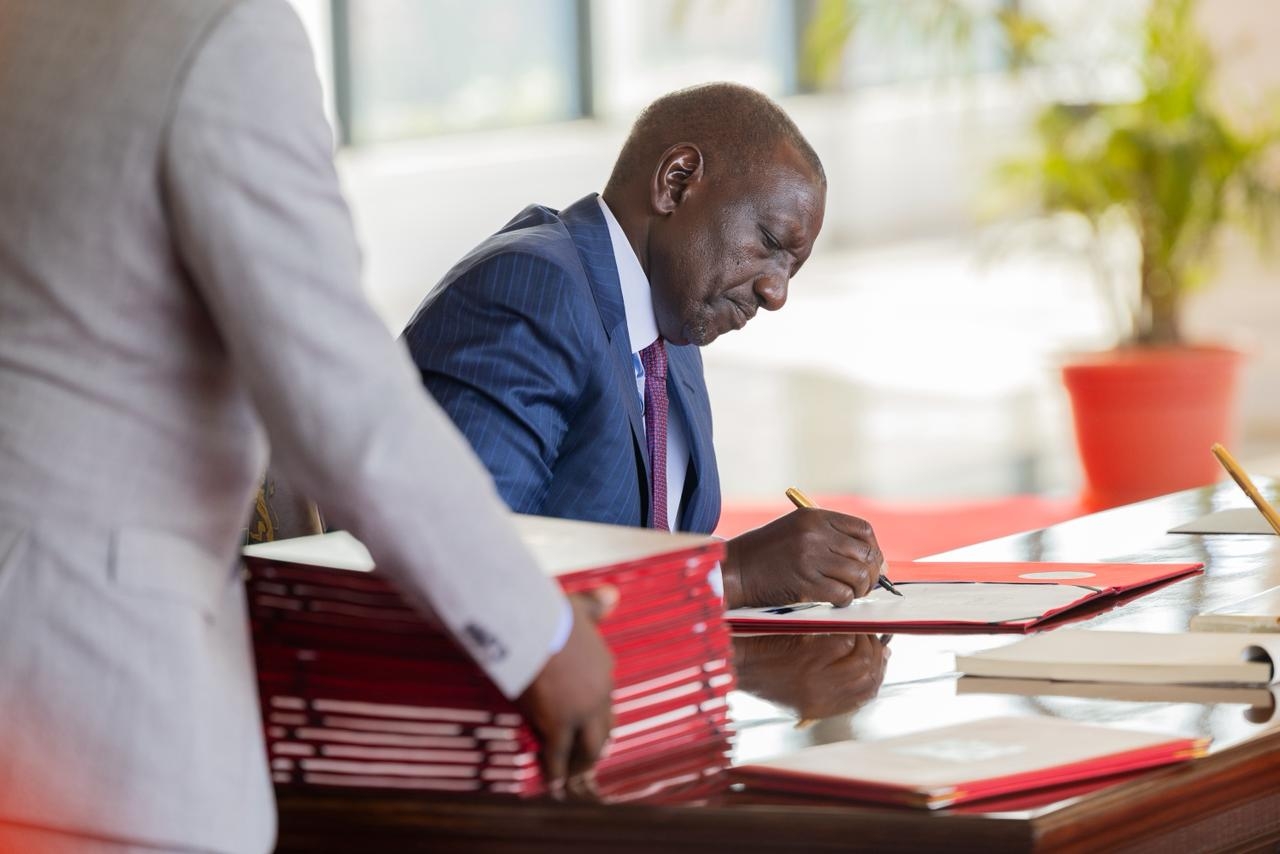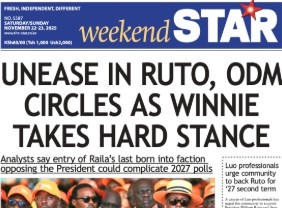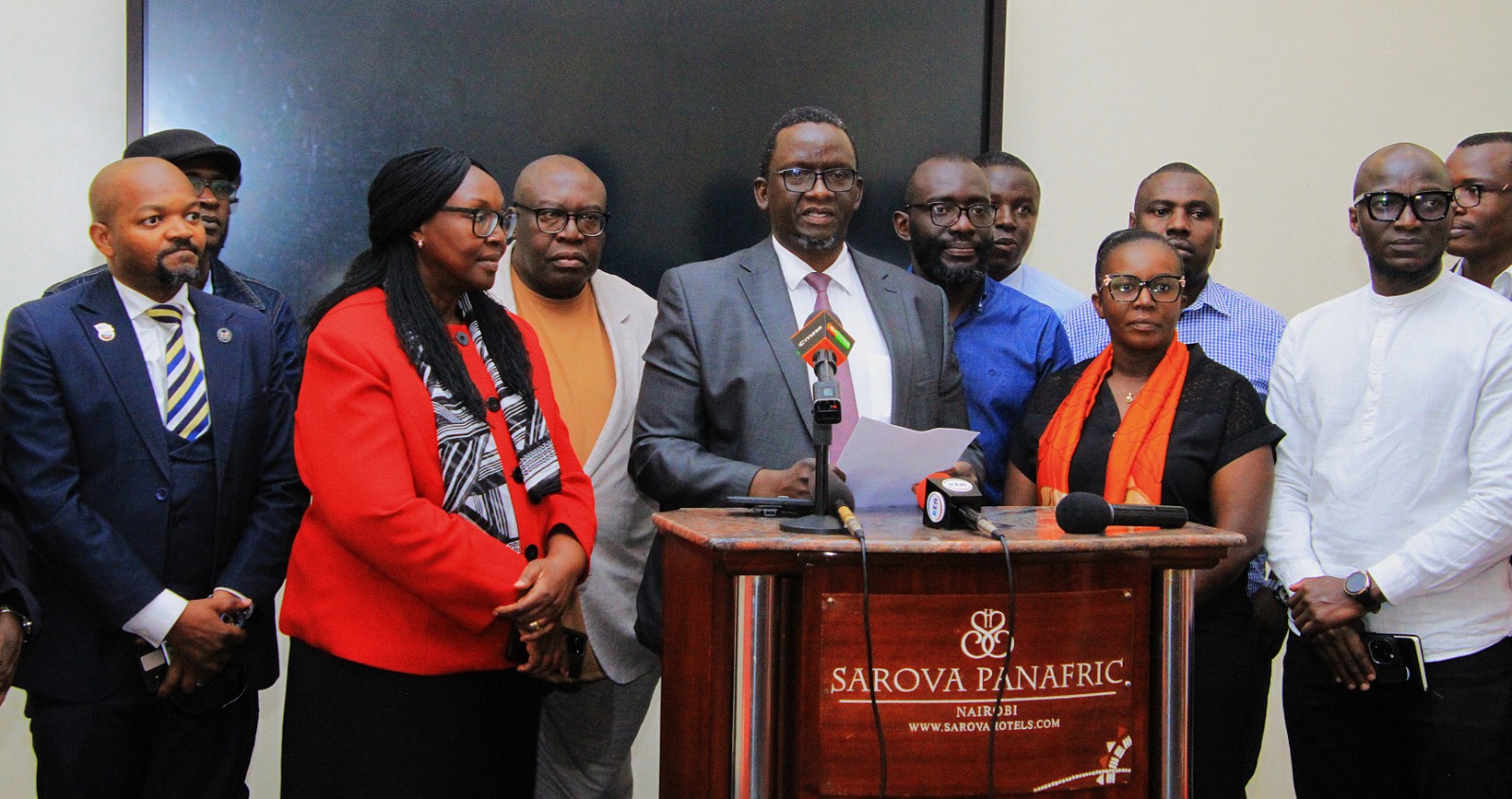Deputy Speaker of the National Assembly Gladys Boss Shollei has criticized those who claim that the government should contribute money to build houses.
Speaking in an interview with Citizen TV on Monday, Shollei said the government uses funds acquired from taxes or donors.
“When you think that money comes from the skies, it does not. Every amount of money that the government uses, either they borrow or they tax us. Period. And not this country only, every single country from biblical times, from the Roman empire,” she said.
She added that it is wrong for other people to live in slums while everyone can contribute a little amount to build decent houses.
“And as a country, we have to pay a little more in order to make sure that everybody has the right to a decent shelter,” she said.
She insisted that the housing levy is not a tax but a saving and Kenyans will have access to their savings in the coming years.
"It is money that you will have access to in seven years in whichever format that will be provided for you. In fact, it is not going to be managed by the treasury," Shollei said.
This comes after President William Ruto said that all salaried Kenyans will have to make a compulsory monthly contribution equivalent to three per cent of their gross pay, to the proposed formation of the Housing Fund.
Ruto insisted that Kenyans need to sacrifice by saving with the Housing Fund, to be able to achieve a prosperous housing model.
However, the proposal has attracted criticism with questions touching on viability and how the initiative will benefit ordinary Kenyans.
















